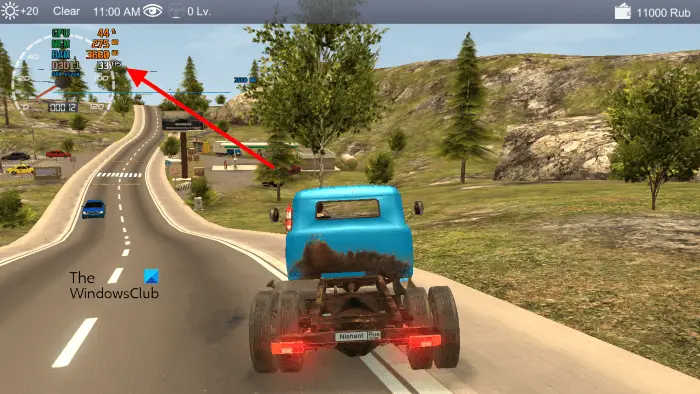

Similarly, if you spent all your money on a top-end GPU but a budget processor, then you've created a different issue. If you paid out for a high-end CPU but bought a cheaper graphics card to cut costs then you may have inadvertently created a bottleneck. You could even have a bottleneck in a brand-new gaming PC if you haven't bought the right parts. This problem doesn't necessarily happen over time either.

But if you do this without also upgrading other parts then there may well be a big difference in the processing power of the CPU and the GPU. Over time you may well upgrade parts of your system and gamers tend to opt to upgrade the GPU first as that's the easiest thing to change. Either one or the other of these two components can create a bottleneck and prevent you from getting maximum performance from the other. Generally speaking, there are two main components that can be impacted by a bottleneck - the CPU and the graphics card. This is often down to the maximum performance capabilities of the components and their use. In a gaming PC, a bottleneck happens when one component is restricting the performance and capabilities of another.
#Msi afterburner show fps how to
It's therefore important to understand what a bottleneck is, how to check to see if you have a bottleneck in your system and how to fix it.


 0 kommentar(er)
0 kommentar(er)
